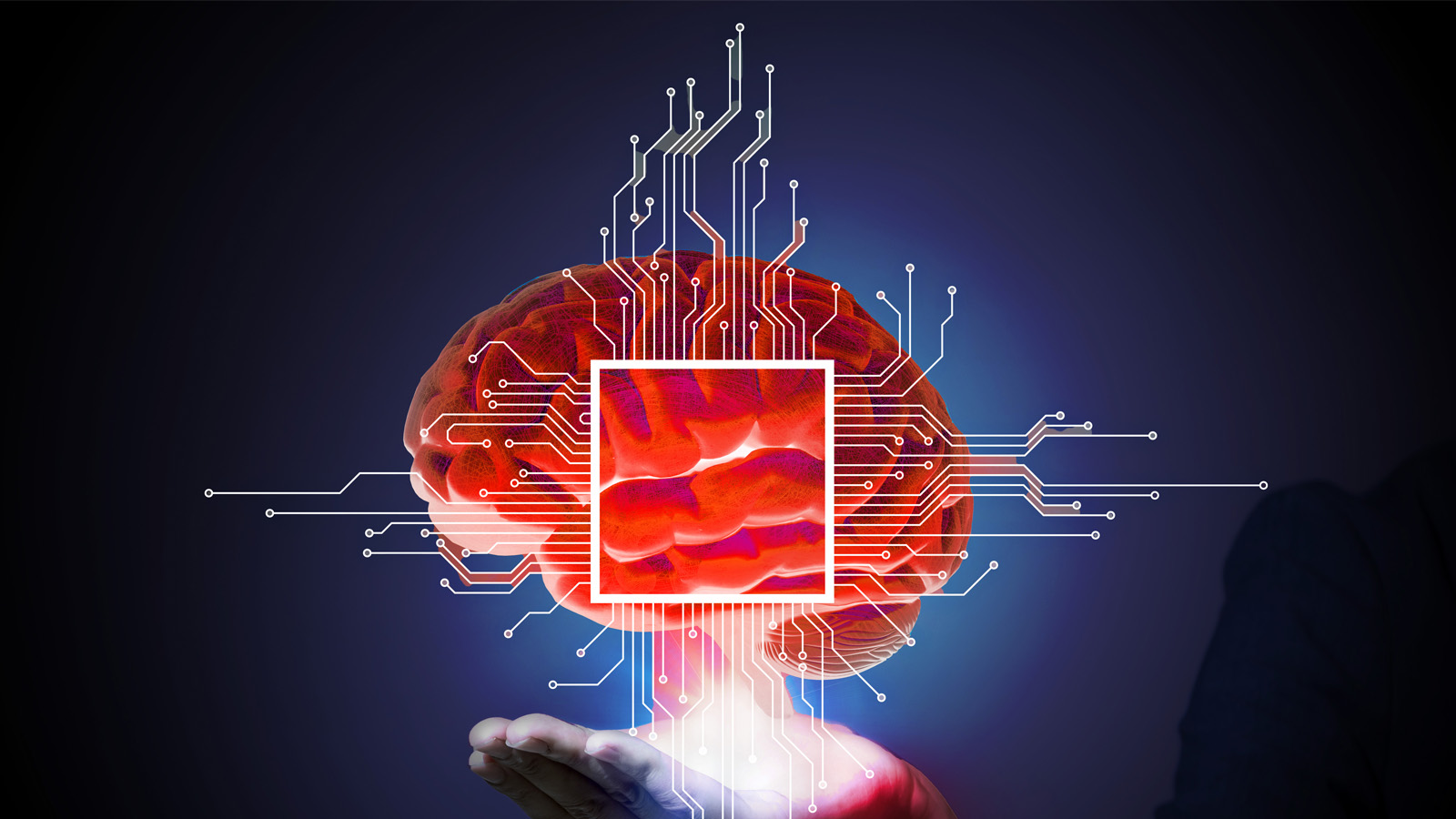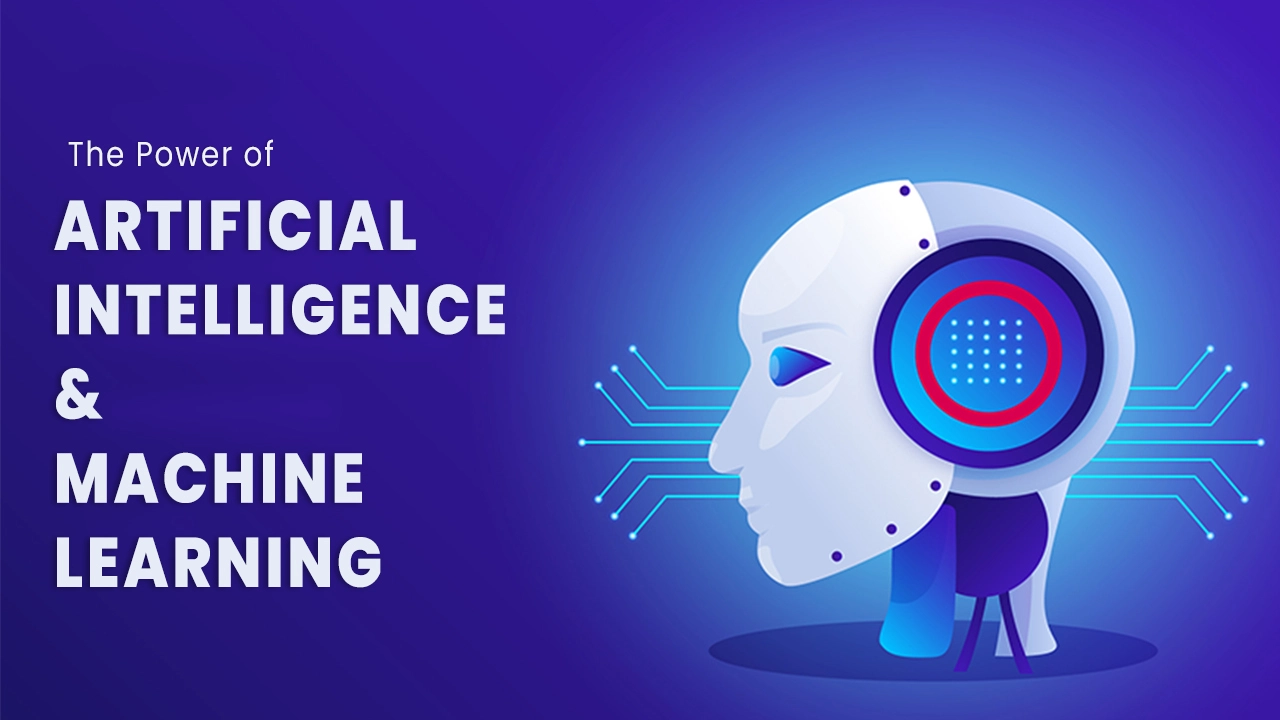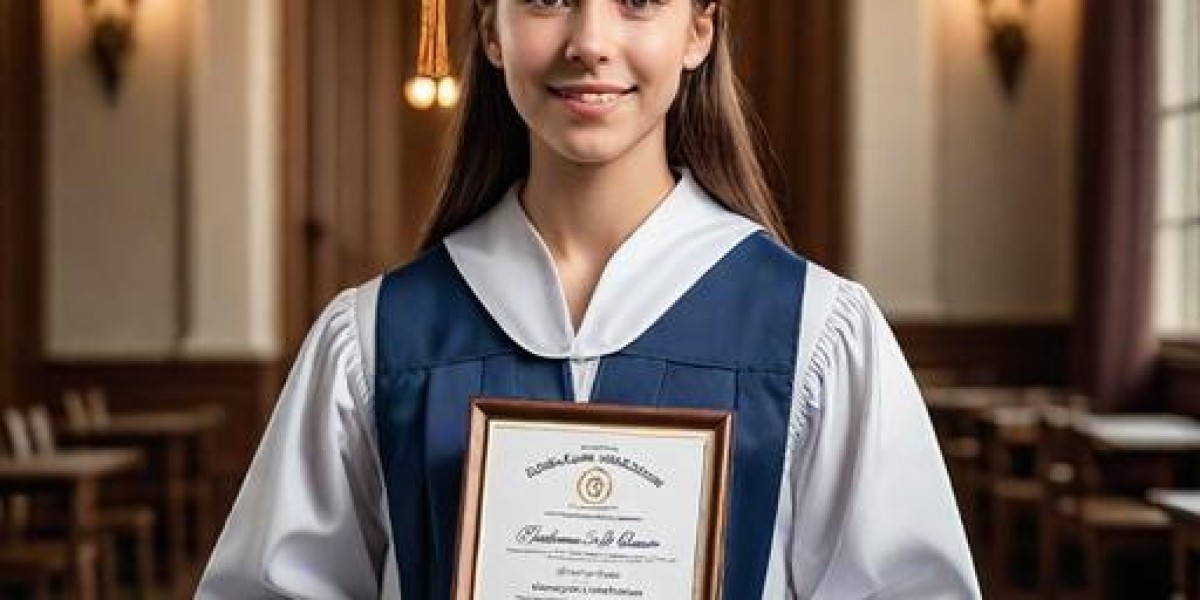
The capacity of AI innovation has actually been percolating in the background for many years. But when ChatGPT, the AI chatbot, began getting headings in early 2023, it put generative AI in the spotlight. This guide is your go-to manual for generative AI, covering its advantages, limits, utilize cases, prospects and far more.
What is OpenAI?
- Share this product with your network:
-
-
-
-
-
-.
-.
-.
-
- Cameron Hashemi-Pour, Former Site Editor
OpenAI is a private research study laboratory that intends to establish and direct expert system (AI) in ways that benefit humanity as a whole. The business was founded by Elon Musk, Sam Altman and others in 2015 and is headquartered in San Francisco.
OpenAI was developed in part because of its founders' existential issues about the potential for disaster arising from recklessness and abuse of general-purpose AI. The business has a long-lasting focus on essential advances in AI and its abilities. The founders of the company and other investors began the company with a $1 billion endowment. In February 2018, Elon Musk left the business due to a prospective conflict of interest with his work at Tesla, the automobile and tidy energy company motivated by Nikola Tesla.
The stated intent of the company-- to pursue safe synthetic basic intelligence (AGI) for the advantage of humanity-- is shown in its objective to easily work together with other research study companies and individuals. Research and patents made by the company are intended to remain open to the general public other than in cases where they might adversely impact security.
Timeline and history of OpenAI
OpenAI was initially concentrated on establishing AI and artificial intelligence tools for computer game and other leisure functions. Less than a year after its official starting on Dec. 11, akropolistravel.com 2015, annunciogratis.net it released its very first AI offering: an open source toolkit for establishing support learning (RI) algorithms called OpenAI Gym. Over the next 2 years, OpenAI focused on more basic AI development and AI research study.
This post is part of
What is Gen AI? Generative AI discussed
- Which likewise consists of:.
8 top generative AI tool classifications for 2025.
Will AI change tasks? 17 task types that might be affected.
25 of the very best big language models in 2025
In 2018, OpenAI released a report to discuss to the world what a Generative Pre-trained Transformer (GPT) is. A GPT is a neural network, or a device finding out design, created to operate like a human brain and trained on input, such as big information sets, to produce outputs-- i.e., responses to users' concerns.
In March 2019, OpenAI moved from not-for-profit to capped-profit status and became officially called OpenAI LP, managed by parent business OpenAI Inc. Almost 2 years later on, users.atw.hu in January 2021, OpenAI presented Dall-E, a generative AI model that analyzes natural language text from human users and then produces images based on what is described in the text.
Perhaps the business's best-known item is ChatGPT, released in November 2022 and heralded as the world's most advanced chatbot for its ability to offer answers to users on a relatively endless variety of topics. Its advantages and disadvantages, in addition to its usages in various markets, are still being discussed.
Elon Musk no longer serves on the board of the business, and co-founder Sam Altman served as the business's CEO till November 2023 together with president and chairman Greg Brockman, previously the CTO of monetary services and SaaS company Stripe; and primary scientist Ilya Sutskever, formerly of Google.
In November 2023, Altman was fired from his position by the board of directors, mentioning that Altman was not candid in his communications to the board. Not long after, Brockman left the business. Both were employed by Microsoft 3 days after leaving the company.
Emmet Shear, co-founder of Twitch, was hired as the interim CEO at OpenAI after Altman's departure. Following Altman's firing, around 500 of OpenAI's workers stated they would stop if the board of directors didn't step down. After simply five days, Altman and Brockman were re-hired in their original functions at OpenAI with a brand-new board of directors.
Notable projects and releases
OpenAI has been considered advanced for its notable item offerings, that include the following:
GPT-3. This effective big language design (LLM) acts as the basis for other OpenAI items. It evaluates human-generated text to learn to create similar text on its own.
GPT-4. Released in March 2023, GPT-4 provides multimodal AI functionality, where it can examine both text and images.
GPT-4o. Introduced in May 2024, GPT-4o enhanced multimodal ability to acknowledge images, text and audio. GPT-4o is more conversational than other models. GPT-4o will recognize the user's screens and pictures and ask concerns about them.
OpenAI o1. Released in September 2024, OpenAI o1 is an LLM with improved reasoning functionality. Instead of supplying an action as rapidly as possible, o1 "thinks" through the right approach to solve a problem for more precise actions.
OpenAI o3. Announced in December 2024, this o1 follower model has two versions-- o3 and o3-mini. These designs utilize what OpenAI calls a "personal chain of thought" in reinforcement knowing, which teaches the o3 design to pause and take a look at internal discussion using simulated reasoning before producing replies. OpenAI strategies to release o3-mini to the public in January 2025.
ChatGPT Search. This AI search engine is currently constructed into ChatGPT for Plus and Team users. The search function supplies current information from the web and allows ChatGPT to take on other online search engine. It was released in October 2024.
Dall-E and Dall-E 2. These generative AI platforms can examine text-based descriptions of images that users desire them to produce and after that create those images exactly as described.
Clip. Clip is a neural network that manufactures visuals and the text pertaining to them to anticipate the very best possible captions that the majority of properly describe those visuals. Because of its ability to gain from more than one type of data-- both images and text-- it can be categorized as multimodal AI.
ChatGPT. ChatGPT is currently the most sophisticated AI chatbot designed for creating humanlike text and producing answers to users' concerns. Having been trained on large data sets, it can create answers and actions the way a human would. Since its development, updates to this tool have enabled it to interact with users through voice conversation and images.
Codex. Codex was trained on billions of lines of code in numerous programming languages to assist software designers streamline coding processes. It's founded on GPT-3 innovation, but rather of producing text, it creates code.
Whisper. Whisper is identified as an automated speech recognition (ASR) tool. It has actually been trained on a wide variety of audio information in order to recognize, transcribe and translate speech in about 100 various languages, consisting of technical language and various accents.
ChatGPT Enterprise. Although this resembles the consumer version of ChatGPT, visualchemy.gallery the enterprise variation lets users construct the training of their model. This edition also reflects on the current incremental modifications made to ChatGPT.
Custom GPTs. GPTs are customized versions of ChatGPT that users can tailor to particular use cases with no code. Verified GPT contractors can share custom-made GPTs in the GPT shop and generate income doing so.
OpenAI and Microsoft
At the start of 2023, Microsoft publicly dedicated to a multibillion-dollar financial investment in OpenAI, but its interest in the business is nothing brand-new. In July 2019, OpenAI took part in a multiyear partnership with Microsoft in which Microsoft's cloud platform, Azure, has been improved by AI-based computing products.
Microsoft's latest financial investment in OpenAI reaches Bing, its online search engine. The company is using the same innovation established for ChatGPT to produce an AI-infused version of Bing. Concurrently, AI-based features have also been added to Microsoft's Edge browser, and ChatGPT performance is being included to Microsoft 365 products such as Outlook and Teams.
Criticisms of OpenAI
Despite all these rapid advancements, OpenAI has not been immune to criticism, both on the planet of tech and beyond. The company's shift from "nonprofit" to "capped profit" status in 2019 fueled criticism that its dedication to working with others on building "safe and useful" general artificial intelligence had actually become a profit-driven "AI arms race" to produce the most advanced AI innovation on the marketplace. Simultaneously, others have expressed concerns about OpenAI's growing lack of transparency into how its revolutionary items are being developed, offered its dedication to developing open source software application.
More recently, the debut of ChatGPT in late 2022 has entered a fair deal of criticism alongside the widespread appreciation for its cutting-edge capabilities. The technology has been accused of producing "hallucinations" or other factually unreliable answers that are seemingly intelligent and well composed, yet don't hold up under analysis. While this is possibly the most infamous disadvantage of the platform, others include its prospective to plagiarize from other sources along with its limitations in producing responses on the most updated news. The information set it was trained on was from 2021, so the material it generates could injustice those who need details on present occasions. OpenAI upgraded ChatGPT Plus in November 2023 to consist of information up to April of that year.
OpenAI's chatbots are amongst lots of that dealt with safety issues early in 2023. Aside from the assistive abilities of these resources, researchers also found poisonous content in their responses. Examples of these include information on how to build a bomb, along with guidance on how to carry out identity theft and take from a charity.
International uncertainty surrounding AI likewise continues to emerge. The French and Italian governments, for example, offered needs and evaluations for OpenAI. Meanwhile, the U.S. White House asked for oke.zone even more details associated to the dangers associated with AI.
Lawsuits surrounding copyright with OpenAI have actually likewise come up. In June, developers dealt with scrutiny in the middle of a charge from Joseph Saveri Law Practice. Made on behalf of five book authors, this allegation suggested ChatGPT and its underlying LLMs-- GPT-3.5 and GPT 4-- consisted of copyrighted products. Specifically, it accused these sources of utilizing the authors' copyrighted works for summaries to train the LLMs. This occurred without authorization from the authors.
The New York Times also sued OpenAI and Microsoft in December 2023 for copyright infringement, accusing them of illegally copying posts to train LLMs and produce AI products that compete with The New York Times. The paper was the very first significant news organization to take legal action against OpenAI and Microsoft for utilizing their publications to train AI systems.
Among issues, actions to improve the system typically take location. In reaction to the hesitation surrounding ChatGPT, OpenAI presented ChatGPT Enterprise in August. With this new version, organizations can have a much better hold on design training and the data that exists within models. However, there remains a lack of clearness surrounding the training information used by the design. As such, enterprises have actually shared issues about the model utilizing copyrighted product for training.
OpenAI has actually also faced criticism surrounding lack of diversity on its board of directors. Critics kept in mind the board's lack of representation isn't in line with the business's mission to "benefit all of humanity." Following the shooting and rehiring of Sam Altman in November 2023, OpenAI ousted its only 2 female board members and restored a board comprised specifically white males. Lawmakers in Washington likewise suggested that OpenAI diversify its board following the restructuring.
The future of OpenAI
OpenAI has not provided extensive public commentary on future plans, but based on recent financial investments, democratization of AI is a clear objective of the Microsoft-OpenAI partnership, as nontechnical professionals should soon have more AI tools at their disposal that do not need AI proficiency.
Microsoft has likewise done something about it that seem to indicate the anticipated growth of OpenAI and similar resources. In 2023, the company announced an investment of more than $13 billion in OpenAI. With the objective of sustaining the usage of AI for different purposes, bphomesteading.com the investment gained a big amount of support following its comparison to the internet transformation.
In the 1990s, Bill Gates released a memo that explained the web as a "tidal wave" that would have a large effect on Microsoft. While referencing this memo, Microsoft CEO Satya Nadella just recently kept in mind the resemblances between web and AI growth. Furthermore, Microsoft is aiming to use these tools to support development.
In parallel with its anticipated growth, OpenAI hosted its very first ever designer conference in November 2023. At the occasion, OpenAI revealed GPT-4 Turbo, a language model with a substantially bigger context window than its predecessors, a more affordable API rates design and a later training information cut. OpenAI also debuted personalized GPTs, a "Copyright Shield" that will safeguard consumers from legal action, and GPT shop where users can generate income from and access custom-made GPTs.
In December 2023, OpenAI struck a handle media business Axel Springer to use its news content in OpenAI's items. This lets ChatGPT give news summaries from Axel Springer's outlets, wavedream.wiki which consist of Politico and Business Insider. The offer shows OpenAI's intent to explore opportunities in AI-powered journalism.
Currently, OpenAI is in early talks with the California attorney general of the United States's workplace to change is corporate structure from a capped-profit organization to a for-profit organization. OpenAI began as a not-for-profit AI research laboratory in 2015.
Continue Reading About What is OpenAI?

What is generative AI? Everything you require to understand
Bard vs. ChatGPT: What's the distinction?







